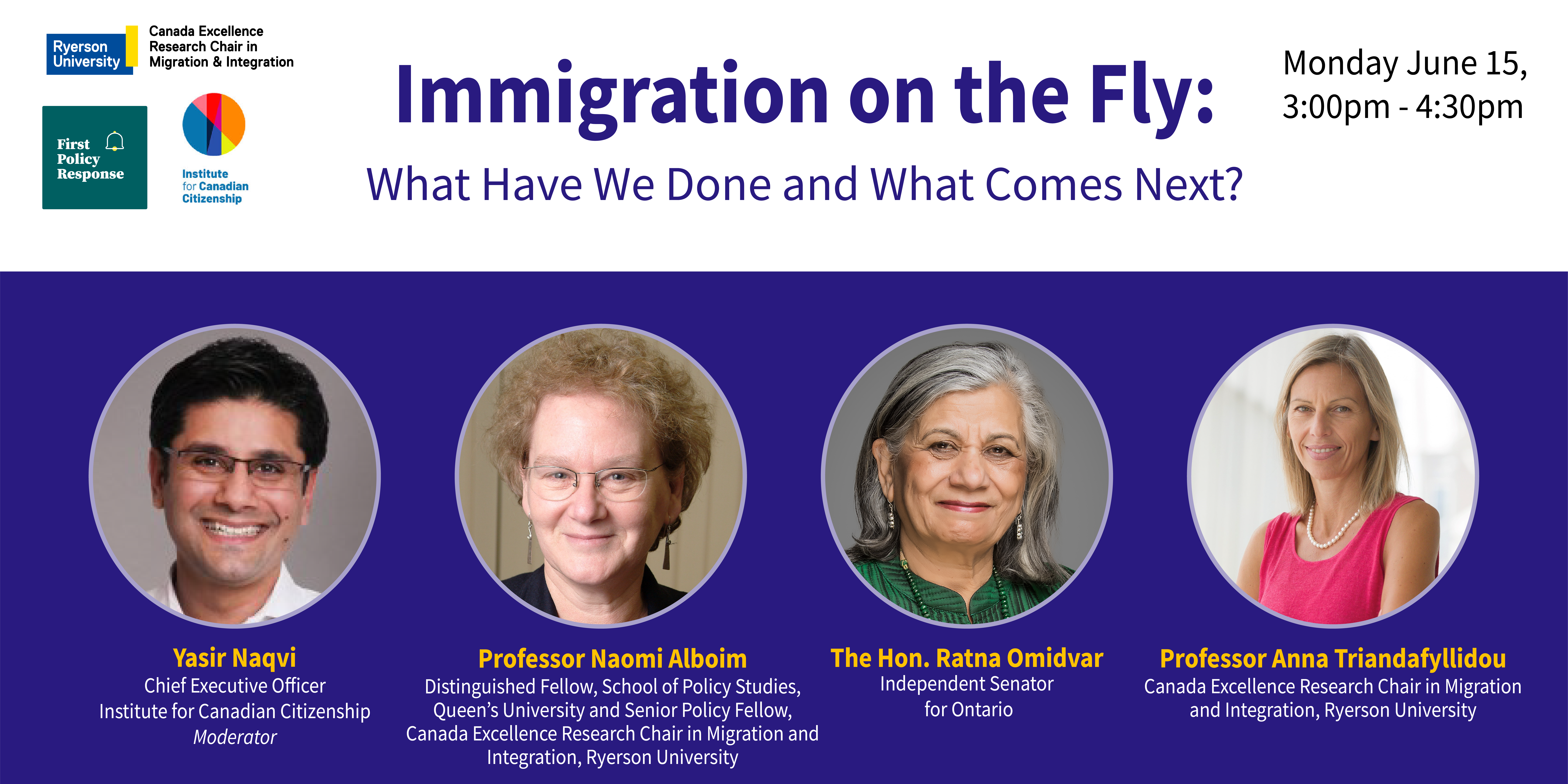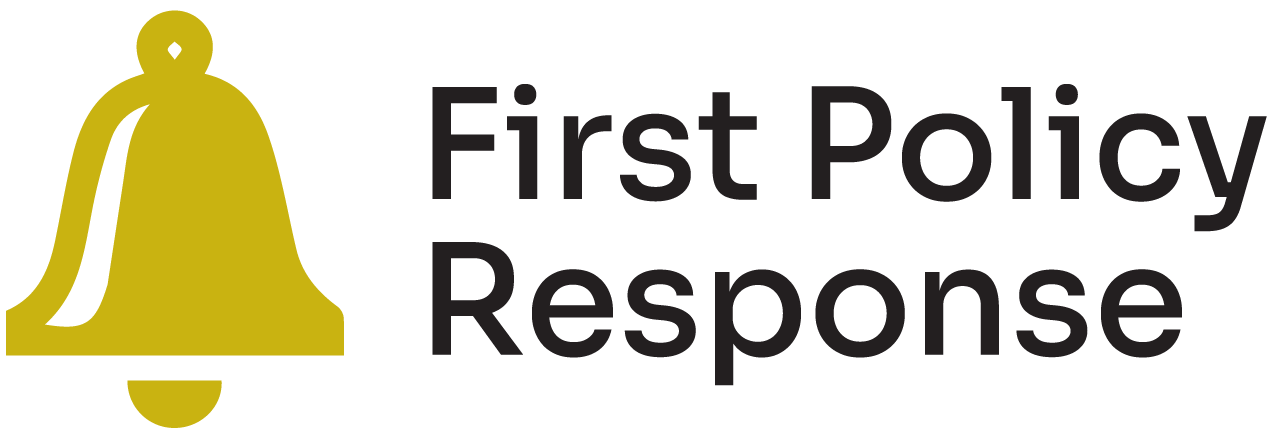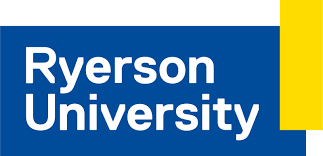
This past Monday, three organizations came together to co-organize a video town hall: “Immigration Policy on the Fly: What Have We Done and What Comes Next?”. The event was co-hosted by First Policy Response and the Ryerson Canada Excellence Research Chair program’s Pandemic Borders webinar series, with promotional support from the Institute for Canadian Citizenship.
Given the number of webinars competing for our attention on a daily basis and the Zoom fatigue we are all feeling from 2.5 months of virtual meetings, selling out this event and having 350 registrants was pretty incredible.
As a managing editor at First Policy Response, I am often (and happily) working behind the scenes to organize our FPR video town halls. This time, however, I decided to write my first piece for FPR – a summary blog of our event covering a policy issue that has been an area of interest for many years.
Event Overview
This event featured Professor Naomi Alboim (Distinguished Fellow, School of Policy Studies, Queen’s University and Senior Policy Fellow, Canada Excellence Research Chair in Migration and Integration, Ryerson University), The Honourable Ratna Omidvar (Independent Senator for Ontario), Professor Anna Triandafyllidou (Canada Excellence Research Chair in Migration and Integration, Ryerson University) and was moderated by Yasir Naqvi (CEO, Institute for Canadian Citizenship).
The event started with a grounding exercise from Triandafyllidou, who reminded us of our own vulnerability: “Those who have usually been non-precarious – we thought we had everything under control. Suddenly [through COVID-19] we see how we are all vulnerable.” This experience allows us to have more empathy to those who are more “structurally vulnerable due to conditions outside of their choice.” This was a great way to set the stage for a rich discussion about immigration policy in the time of COVID-19, which covered immigration levels, public perception of immigrants, the link between immigration policy and racism, and skilled/ “unskilled” labour.
Will COVID-19 impact Canada’s immigration levels?
Just days before Canada went into the COVID-19 lockdown in March, the government announced the immigration levels for 2020-22. During the town hall, Alboim noted that Canada has been one of the few countries that continues to take an increasing number of immigrants, which is a recognition by the public that immigration is good for the country – although this public perception has been changing as of late. However, while our immigration levels are applauded, there is an disproportionate number of people who immigrate to Canada with vulnerable or precarious work arrangements. Specifically, there is a greater focus on bringing in temporary foreign workers (i.e. vulnerable and precarious workers) rather than permanent residents to Canada.
Will COVID-19 change Canada’s immigration levels? As Naqvi noted, “when the economy is down, the first people to blame are those who don’t look like us.” He asked how we might address the backlash against bringing new immigrants to Canada right now.
Omidvar clarified that Canada’s immigration targets run over three years, meaning we do not “rest on annual targets”, and suggested that the government make every effort to continue attracting immigrants to Canada, even if the process is delayed by current events. This is especially important as labour markets will change due to the virus, and there is “a lot that we don’t know”. Alboim also made the point that immigrants contribute more to the economy than they take.
Employment, unemployment, underemployment – changing our perception of “skilled” and “unskilled” labour
Immigration policy and employment are issues that intersect on many different levels. Naqvi noted in a question about credentials and accreditation of newcomers that while we are good at bringing immigrants to Canada, we are “not as good at integrating them into our economic portfolio”. One example of this is how foreign doctors are an untapped resource in the fight against COVID-19.
Alboim noted that we are still seeing immigrants – especially recent immigrants – significantly overrepresented in the unemployed and under-employed categories in Canada. She spoke about our need to account for a “growing bifurcated economy”, and admitted that while we have needs for a knowledge economy, service and trades jobs need to be done locally as well. Unfortunately, our skilled trades program has not accomplished what it intended to; a very small portion of immigrants to Canada comes through this program. Alboim also identified a dynamic of an “unhelpful society divide of temporary vulnerable people doing the basic work that is necessary” and highly skilled people who are still underemployed and unable to use their skills fully. Interestingly, through COVID-19, we have seen that much of our knowledge economy work can be done online, which means workers do not have to actually be in Canada to contribute to the economy. This may have implications for Canadian immigration in the future.
This pandemic has also shown us that workers who are traditionally categorized as “unskilled” have turned out to be “absolutely essential” to fulfilling basic functions in society. Omidvar shared that given this realization, essential workers should be paid appropriately, and not be excluded in the way that our critical seasonal and agricultural workers are. Omidvar was clear that there is an opportunity for “more coherence between economic priorities and humanitarian values…with a view to talent that is underutilized, but also low-skilled workers” (i.e. talent that is exploited).
During the breakout sessions, Triandafyllidou built on this theme, noting that “unskilled” professions like agricultural workers have their own expertise, and are not as unskilled as we think. Our “labour market doesn’t only need nuclear scientists”, we need all types of skilled labour to rebuild our economy post-pandemic. Triandafyllidou also noted that often times in affluent countries, there is an imbalance between the locals wanting certain types of jobs and “not being available for other jobs”, implying that these other jobs are “unskilled” and low-paying. In the context of COVID-19, this can pose challenges in terms of retraining workers after the pandemic.
The link between immigration policy and racism – public perception of immigrants in Canada
The theme of racism and immigration came up a few times throughout the event, and was particularly relevant in the context of recent protests against anti-Black racism in Canada, the U.S., and around the world.
In the context of Canada’s immigration system, Omidvar reminded us that agricultural workers contribute Employment Insurance and Canada Pension Plan payments regularly, but can never access these benefits for themselves, stating that “the injustice of all this deeply embedded racism needs to have the ‘sunlight shone on it’”. Alboim noted that during the COVID-19 pandemic, temporary foreign workers and international students were – for the first time – eligible for benefits that they previously excluded from, such as the Canadian Emergency Response Benefit and EI.
Racism is prevalent in the foreign accreditation process as well, and this was duly noted by the participants in our town hall during the breakout sessions. During the breakout sessions, Triandafyllidou shared that foreign credentialing works best in jurisdictions where there are bilateral agreements – for example, Quebec has a bilateral agreement with France where those working in medical professions are recognized semi-automatically upon coming to Canada. However, an event participant pointed out that bilateral agreements tend to only be with European countries, whereas many of the medical professionals who immigrate to Ontario are from other countries such as India, China and the Philippines. This is where the link between immigration and systemic racism becomes very clear.
Canadians also tend to disconnect essential, frontline healthcare workers from “who they are”. Alboim noted early on in the panel that every evening, various neighbourhoods will hear pots clanging to applaud essential workers. While there is a sense of awareness and gratitude for this work, there is less of a recognition of who these people are – many times, these workers are racialized and/or immigrant women. Are we making this connection and valuing these people? Alboim believes there is a disconnect in this regard and we often forget about the link between immigration, racialized communities, and those doing essential, frontline work during the pandemic.
In closing
From destruction comes creation, and this crisis has presented many opportunities for us to look inward and address how our institutions fail those who are most vulnerable. In addition to illustrating systemic gaps for marginalized Canadians who experience precarious housing, are low-income earners, or may be living in long-term care homes, this crisis is an opportunity to look in the mirror and reflect on our immigration policies and attitudes towards immigrants. This week’s discussion with a diverse panel of immigration policy experts was a perfect opportunity to do just that.






